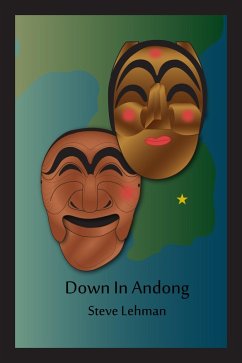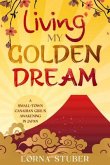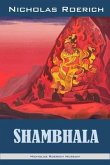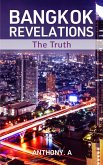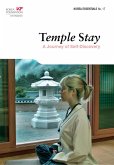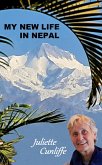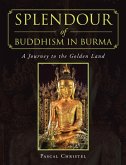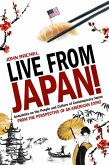The first morning I woke up in my Andong den to find none of the comforts of home, I went out for a walk around the neighborhood. I tried four or five dabangs, the Korean word for a kind of Coffee Shop, in search of a cup, but they were all closed. Coffee seems to be more associated with night life, here, than with waking up in the morning. Finally, I tried the door of one and it opened, but there was no one around. I called out, "Anyang aseo?" and a voice answered from the back. Soon a forty-something woman appeared, frizzy haired and sleepy eyed. She led me to a booth and gave me a remote for the TV perched high on a shelf across the room. While she prepared my coffee and fixed her hair, I started channel surfing and was thrilled to find the BBC International news.
I went back yesterday at the same time to catch the news, but it was raining like crazy this morning, so I remained ignorant of the state of the world. Returning this evening, I waited fifteen minutes before anyone came to take my order. A man walked passed me soon after I entered, but must not have told the party of staff apparently, going on in the back, about the foreigner who was sitting in the front. I still have not seen a customer in the place other than myself.
My ajuma, as she calls herself, finally arrived. She is always very nice and gave me a little bag of peanuts to take as a present when I left this evening. She speaks absolutely no English, but keeps trying to communicate in Korean. My survival Korean from two years ago is coming back, but we still can't have much of a conversation. I did manage to find out, though, that they don't serve food or drinks other than coffee and tea. Every now and then my ajuma launches a sneak attack to pinch the hair on my arm, and then giggles like a school girl.
The term "ajuma" refers to a class of serving women, and I believe traditionally to married women. It has a kind of derogatory connotation and is often pronounced with a faintly sneering tone of voice, as if to underline the lower status of the serving woman so summoned. You don't hear it much in Seoul where people usually call for service by saying yuggio, meaning here, but in Andong my dabang waitress accepts herself as ajuma cheerfully, without question.
I went back yesterday at the same time to catch the news, but it was raining like crazy this morning, so I remained ignorant of the state of the world. Returning this evening, I waited fifteen minutes before anyone came to take my order. A man walked passed me soon after I entered, but must not have told the party of staff apparently, going on in the back, about the foreigner who was sitting in the front. I still have not seen a customer in the place other than myself.
My ajuma, as she calls herself, finally arrived. She is always very nice and gave me a little bag of peanuts to take as a present when I left this evening. She speaks absolutely no English, but keeps trying to communicate in Korean. My survival Korean from two years ago is coming back, but we still can't have much of a conversation. I did manage to find out, though, that they don't serve food or drinks other than coffee and tea. Every now and then my ajuma launches a sneak attack to pinch the hair on my arm, and then giggles like a school girl.
The term "ajuma" refers to a class of serving women, and I believe traditionally to married women. It has a kind of derogatory connotation and is often pronounced with a faintly sneering tone of voice, as if to underline the lower status of the serving woman so summoned. You don't hear it much in Seoul where people usually call for service by saying yuggio, meaning here, but in Andong my dabang waitress accepts herself as ajuma cheerfully, without question.
Dieser Download kann aus rechtlichen Gründen nur mit Rechnungsadresse in A, B, CY, CZ, D, DK, EW, E, FIN, F, GR, H, IRL, I, LT, L, LR, M, NL, PL, P, R, S, SLO, SK ausgeliefert werden.

